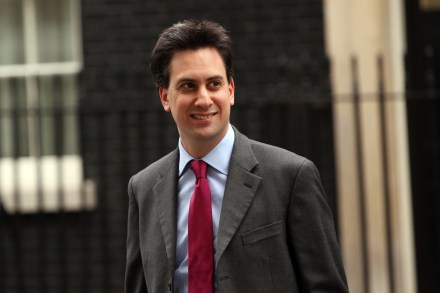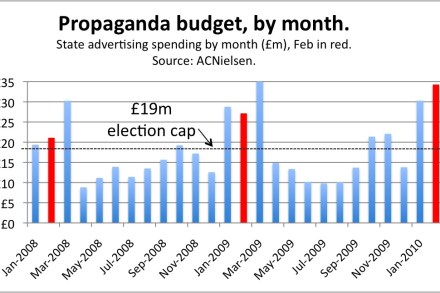Ed Miliband’s new investment vs cuts battleground
Ed Miliband certainly isn’t one for holding back, is he? In an interview with today’s Guardian he discusses what we might expect from the Labour manifesto, and there’s some pretty noteworthy stuff in there: a People’s Bank based around the network of Post Offices; an increase in the minimum wage; a reduction in the voting age to 16; things like that. But, as Sunder Katwala suggests over at Next Left, the most eye-catching passage is when Miliband discusses Free School Meals for all: “The manifesto could well include a pledge to provide free school meals for all children, Miliband says. ‘I think a lot of people would like free school














